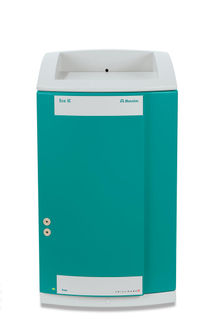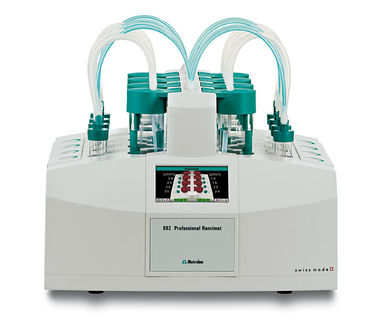To use all functions of this page, please activate cookies in your browser.
my.chemeurope.com
With an accout for my.chemeurope.com you can always see everything at a glance – and you can configure your own website and individual newsletter.
- My watch list
- My saved searches
- My saved topics
- My newsletter
Filter (chemistry)
Filtrate is the liquid produced after filtering a suspension of a solid in a liquid. Filtrand (or Residue) is the solid residue remaining in the filter following filtration[citation needed]. Product highlightFor certain situations, such as separating an aqueous substance from a solid one, filtering may be replaced with decanting. See also
Filters for various substances: Filters for specific applications: Filters by various methods:
Related devices and concepts:
|
||
| This article is licensed under the GNU Free Documentation License. It uses material from the Wikipedia article "Filter_(chemistry)". A list of authors is available in Wikipedia. |







